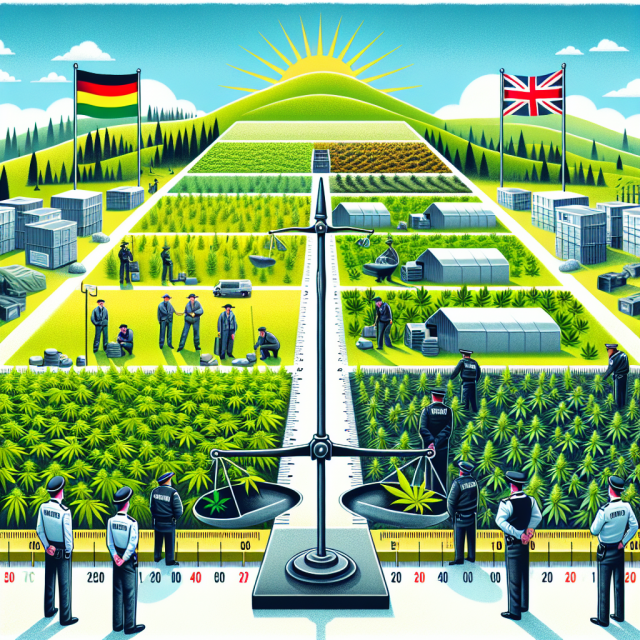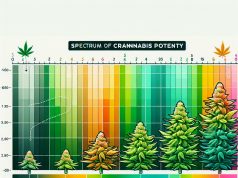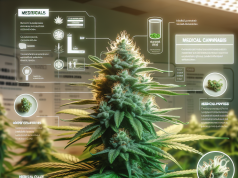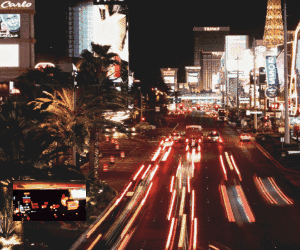Introduction
Las Vegas, known for its vibrant nightlife and entertainment options, has also become a focal point for cannabis regulation in recent years. Following the legalization of recreational cannabis in Nevada in 2017, the state has implemented a comprehensive framework governing its sale and consumption. This article aims to explore the key aspects of cannabis regulations in Las Vegas, providing insight into the legal landscape that shapes this burgeoning industry.
Legal Status of Cannabis
In Nevada, the legal age for cannabis use is 21 years. Legalization allows adults to possess up to one ounce of cannabis for personal use. However, it is essential to note that consumption in public spaces remains illegal and can result in fines. The establishment of licensed dispensaries has been critical in ensuring that cannabis is sold safely and responsibly to consumers, with strict regulations in place concerning inventory tracking and quality assurance.
Licensing and Distribution
The Nevada Cannabis Compliance Board oversees the licensing of dispensaries, cultivators, and product manufacturers. This oversight helps to maintain high standards and protect public health. Prospective business owners must navigate a rigorous application process, which includes background checks and financial disclosures. Additionally, local jurisdictions within Clark County, where Las Vegas is located, can impose additional regulations, influencing the number and locations of dispensaries.
Taxation and Economic Impact
The taxation of cannabis products in Nevada is another significant aspect of its regulation. Recreational cannabis sales are subject to a 10 percent sales tax, in addition to the state’s standard sales tax. Revenue generated from cannabis taxes contributes to education, infrastructure, and public safety initiatives, highlighting the economic benefits of this industry. This financial incentive has led to increased interest in cannabis enterprises, further stimulating Las Vegas’s economy.
Conclusion
Cannabis regulations in Las Vegas are designed to balance public safety with economic growth. While recreational use is permitted, stringent rules govern its sale and consumption. As the industry continues to evolve, it is imperative for stakeholders to stay informed about regulatory changes and compliance requirements. Overall, Las Vegas stands as a model for effective cannabis regulations, fostering a responsible and thriving market.












